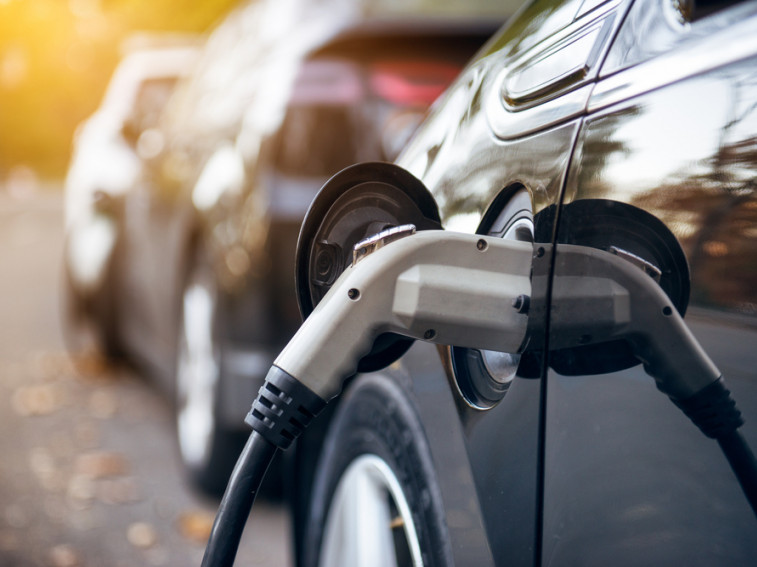Electric cars have been around for quite some time, and after years of gradual advancement they're tipped to become the next new revolution in personal transport. That means we're likely to see personal ownership of them rise, so in turn they're likely to pop up in a lot more online vehicle auctions over the years. Many of these will be great opportunities for experienced mechanics with the skills and knowledge to fix them up and sell them on. But how difficult will that task be? Some people perceive electric cars as being more expensive and difficult to maintain, but actually the opposite is true - most electric cars are much easier to maintain, and industry analysts even think that they'll they'll be cheaper than regular cars by 2025 for that very reason.
Why do people think electric cars will be easier to maintain?
Despite the major differences between electric cars and more traditional variants like petrol and diesel cars, they all still have certain major features in common. Four wheels, brakes, headlights, steering wheel, etcetera. These and other essential elements will still be tested and subject to maintenance as normal, so you can expect electric car maintenance to cover:
- Tyres (low tyre pressures will have a noticeable impact on the car's range)
- Brakes and brake fluid
- Lights - front, rear and internal
- Windscreen wipers and any replacements
- Tracking (or wheel alignment)
- Suspension
- Cabin filtration
- Air conditioning

However, other aspects of current car maintenance won't be applicable to electric cars. For example, an electric car won't need any attention for:
- Oil changes
- Spark plugs
- Belt change
- Coolant changes
- Air filters
- Transmission oil changes
Obviously, you don't need to be a professional mechanic to spot the most crucial reason why electric car maintenance is going to differ significantly from what the task involves in petrol and diesel cars - the engine. However, there are big changes to the brakes, too!
The biggest reason why electric car maintenance will be simpler
The engine
In a nutshell, maintaining an electric engine is easier than maintaining a combustion engine. It's not difficult to see one of the main reasons why - a combustion engine has a significantly greater number of moving parts, often as many as hundreds. That automatically means there's a lot more wear and tear, and a lot more to go wrong. Radiators, spark plugs, pistols, fuel pumps… these can all develop their own separate issues, either independently or through damage to other parts around them. An electric motor, on the other hand, has maybe half a dozen moving parts, which means that electric car maintenance can cost as much as 70% less than that of other vehicles.
Electric engine parts are also easier to replace. However, there is one remaining sticking point; the battery. Currently, most batteries tend to guarantee a lifetime of about 100,000 miles, so drivers won't have to replace them often. Unfortunately, when they do, the costs can often run into the thousands of pounds. As electric cars become more widespread and ever more investment is ploughed into development, it's likely these costs will drop over time - but until then, that's going to be a source of fear for drivers when sending in their electric vehicle for maintenance.
The brakes
Not everyone is aware of a fairly revolutionary new mechanism on electric cars. It's called regenerative braking, and it involves the car using its own electric motor to slow the vehicle when you press the brakes, which puts some charge back into the battery. The engine takes some of the physical pressure off the brakes, which means braking becomes far more efficient, placing less wear and tear on the brake discs themselves. That doesn't mean they won't still require maintenance, but they'll be able to go longer between servicing or replacement. (With the exception of brake fluid, which we've already touched on briefly above.)

And of course, electric cars won't be subject to emissions tests, which saves a bit of labour for mechanics and a bit of cost for customers. (Whether or not mechanics will be happy to hear that is probably down to individual opinion!) Electric cars will probably need to be more widespread before they start popping up in our electric car auctions, but why not take a look around regardless? We've already got plenty of petrol and diesel models from leading manufacturers like Ford, Mercedes and BMW, and if you're on the lookout for electric car parts it might not be a bad idea to check out Nissan either! Our auctions are refreshed on a daily and weekly basis, so who knows what you might find...




